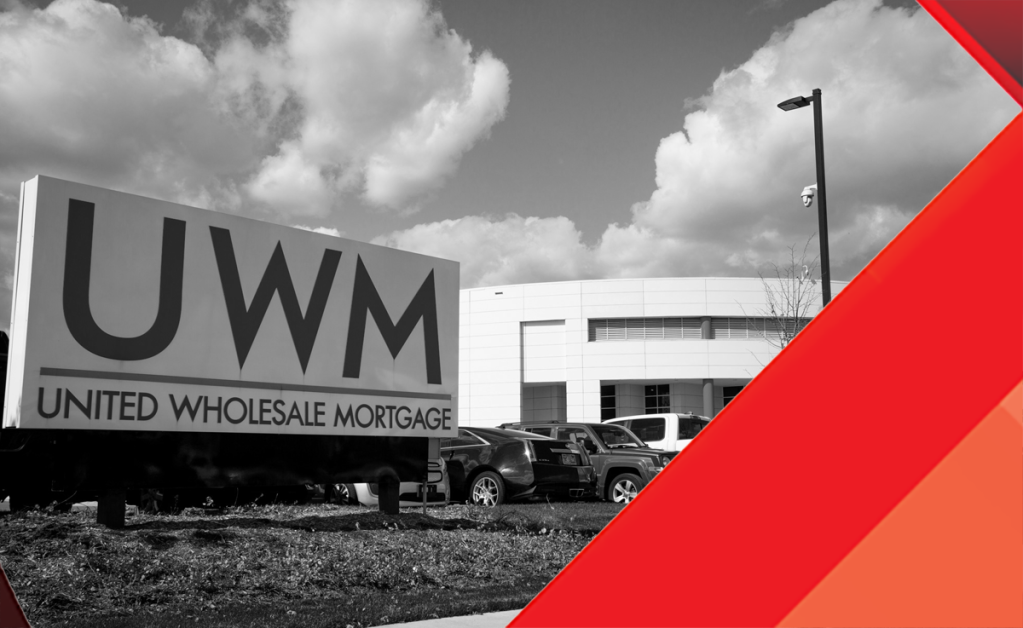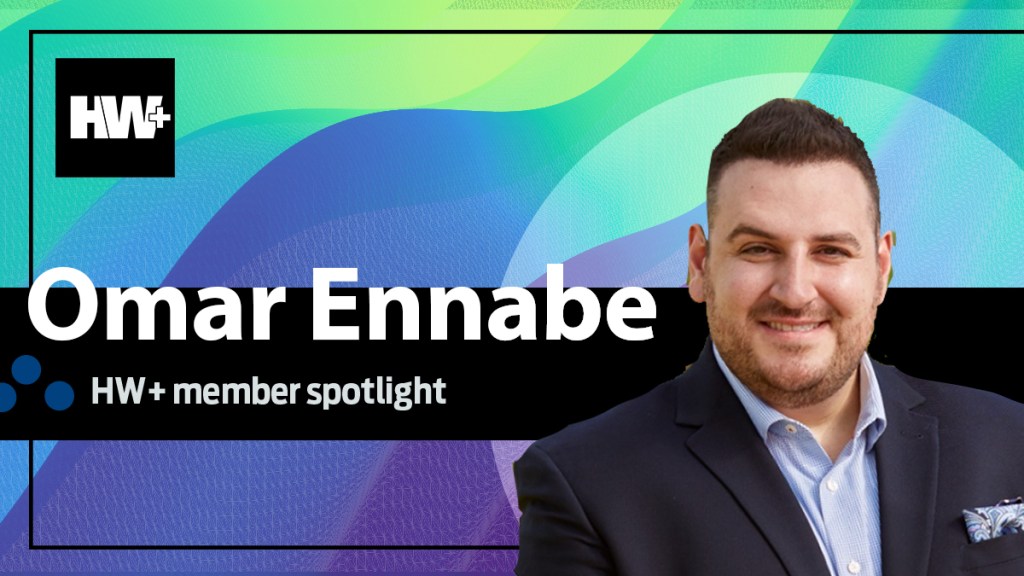Mortgage – HousingWire |
| loanDepot brings Ginnie Mae loan servicing in-house Posted: 04 Jan 2022 01:24 PM PST loanDepot announced this week that it will begin servicing Ginnie Mae loans in-house, following a 2021 decision to do the same for Fannie Mae and Freddie Mac-backed loans. The top-ranked nonbank lender said in a press release that servicing Ginnie Mae loans "carries great significance” because the agency is the primary guarantor of securities containing Federal Housing Administration, Department of Veterans’ Affairs, and United States Department of Agriculture loans. Dan Binowitz, executive vice president of servicing and capital market operations at loanDepot, said in a statement that the move will enable the nonbank to "provide the best-in-class care and service…from initial consultation through servicing for the life of [the loan]." "We’re relying less on third party subservicing partners, which streamlines the process and allows us to work directly with our customers so we can offer the outstanding service that they expect and deserve," he said. For months now, the California-based lender has been developing its home loan servicing platform, announcing in November the addition of new functions and features meant to streamline and enhance a borrower's experience. Updates include enhanced online payment capabilities, secure messaging and new paperless document options, loanDepot said. "Our goal is to ensure the payment and account management process within our servicing portal is as simple, intuitive and secure as our customers demand it to be," said Binowitz. According to Joe Garrett, mortgage consultant at Garrett, McAuley & Co., bringing servicing in-house could be a strategy lenders employ to retain more cash flow. Finding places to trim becomes more important as rates rise and margins narrow. "Subservicers, they do all the work, but they get paid a lot of money," Garrett said. "They can take anywhere from 23% to 30% of servicing revenue to do the work and it looks like loanDepot decided that they can do it more effectively and cheaper." The cost of subservicing, subservicing oversight, regulatory penalties, plus the loss of a lender’s client base due to recapture and retention problems could all push a lender to cut ties with their subservicer and bring servicing in-house. Developing those processes internally can be difficult, however. "It’s really hard to set up a servicing shop, particularly with the challenges legacy technology and the regulatory environment brings,” Thompson said. “And I think that no decision maker would do this, unless they really saw a better total economic benefit, and have a lot of faith in their servicing team." As well as building out its servicing platform, loanDepot is also hiring personnel across its servicing organization. In a notice posted in November, the lender said it is looking for customer service representatives and advocates. "The team comprises everyone from seasoned mortgage professionals to entry level individuals, who are responsible for providing best in class customer care while assisting customers with general mortgage inquiries following the origination process. They work with customers and internal teams to provide quick and effective solutions," loanDepot said. The post loanDepot brings Ginnie Mae loan servicing in-house appeared first on HousingWire. |
| UWM is bullish on the resurgent private-label market Posted: 04 Jan 2022 01:14 PM PST  Pontiac, Michigan-based United Wholesale Mortgage (UWM) capitalized on a booming private-label market in 2021 by sponsoring its inaugural securities transaction this past May, a prime jumbo deal involving 508 mortgages with an aggregate principal balance of $351.9 million. That was the start for the nonbank lender, which dominates the nation's wholesale mortgage lending sector with an estimated 33.5% share of the market as of 2020, according to Kroll Bond Rating Agency (KBRA), which reviewed all the lender's private-label transactions in 2021. In total, UWM, through its conduit UWM Mortgage Trust, sponsored seven securitization deals last year involving nearly 9,500 loans valued in total at $3.9 billion. That's a strong start for a new issuer. "A robust market in the [private-label] world is a big deal for a strong mortgage market," said UWM President and CEO Mat Ishbia in a Facebook video posted this past summer as his company was revving up its private-label deal-making machinery. "… We see that really good in 2021, and it [the private-label market] is going to get even bigger, we think, in 2022." KBRA seems to think so as well. The bond-rating agency projects the residential mortgage-backed securities (RMBS) market, defined as all post-financial crisis prime, non-prime and credit-risk transfer transactions, will exceed $115 billion in volume for 2021 when the final tally comes in. That's more than twice the mark recorded in 2020 and nearly double the $60 billion in private-label volume recorded in 2019, prior to the pandemic. For the year ahead, KBRA's market-projection report forecasts $132 billion in RMBS deal volume, which is a nearly 15% year-over-year increase from 2021. UWM is riding that wave. In 2021, two of its seven private-label issuances involved jumbo loans with a combined value of $1.2 billion, while the other five involved agency-eligible investment-property loans with an aggregate value of $2.7 billion. Across all seven deals, between 47% to 54% of the mortgages were originated in California, and between 17% to 22% of all the mortgages in the securitized loan pools were originated in the Los Angeles metro area, according to KBRA bond-rating reports. "Non-conforming and agency high-balance conforming prime mortgages are frequently originated in regions of the country with high home prices," KBRA states in its review of UWM's most recent private-label offering, a deal unveiled in December 2021 backed by jumbo loans. "As a result, the geographic concentration of pools of jumbo loans tends to be more meaningful, with significant exposure to assets located in the state of California as well as a number of other major metropolitan areas." The KBRA presale report also noted that concentrations of mortgages at the metro-area level, such as Los Angeles, "can expose a transaction to larger impact from regional economic effects or natural disasters relative to more nationally diverse pools." That reality led KBRA to adjust its expected-loss (EL) model in the range of 18 to 57 basis points for three of UWM's deals — each of the lender's jumbo private-label transactions and one securitization backed by investment properties. Still, even in those transactions, the underlying collateral appears solid, with the average credit scores of the borrowers above 760 and the average debt-to-income ratio ranging from 64.4% to 72% across the three deals in a market with fast-rising home prices. With respect to the high number of jumbo loans originated in California, Rick Sharga, executive vice president of marketing for real-estate research firm RealtyTrac, points out that "the perceived risk of that kind of concentration is offset a little bit by the nature of the borrowers and probably the loans themselves." "Most of the buyers are move-up buyers, and if you’re moving up to buy the property, you’re tapping into the equity from the property you’re selling, which is also going up in value 20% [year-over-year]," he added. "I don’t think we’re seeing a lot of 3%- or 5%-down mortgages on those higher-priced homes. … If you if you look at home sales in California, virtually nothing is being sold at the low end of the market." UWM officials did not reply to a request for comment for this story. The road ahead for UWM and other issuers in the nation's evolving private-label market will not be free of some sharp turns and obstacles, however, even if that road does lead upward. Much of the private-label deal activity in 2021 was driven by jumbo-loan and investment-property mortgages that did not go the route of agency securitizations through Fannie Mae and Freddie Mac. Rising interest rates, coupled with increased agency loan limits and the Federal Housing Finance Agency's decision to suspend a temporary agency cap on the purchase of investment-property mortgages are expected to be a drag on the growth of the private-label market in the year ahead. All three factors will reduce the number of jumbo loans and investment property mortgages that can be securitized through the private-label market. The Federal Reserve is increasing the pace of its bond tapering in the months ahead, including reducing its purchases of mortgage-backed securities. It also is planning up to three bumps in the benchmark interest rate in the year ahead. That upward pressure on rates is also expected to put upward pressure on 30-year fixed rates, depressing the housing-refinance market. "It is still expected that [jumbo] RMBS issuance will start to slow in the coming months as rates rise and supply wanes," states a December market report by digital-mortgage exchange MAXEX. "…We continue to think that issuance [of RMBS backed by investment properties also] will subside in 2022 as originators sell many of these loans back to the agencies." Non-QM sector poised for explosive growthThe one pocket of the mortgage market that is expected to see explosive growth over the next few years, however, is the so-called non-QM sector. Non-QM mortgages include loans that cannot command a government, or "agency," stamp through Fannie Mae or Freddie Mac. Non-QM loans typically make use of alternative-income documentation — and loan terms, such as interest-only options — because borrowers cannot rely on conventional payroll records or otherwise fall outside agency credit guidelines. The pool of non-QM borrowers includes real estate investors, property flippers, foreign nationals, business owners and the self-employed, as well as a smaller group of homebuyers facing credit challenges, such as past bankruptcies. Dane Smith, president of Verus Mortgage Capital, said private-label deals backed by non-QM loans will register at some $25 billion in total value for 2021. He projects such transactions to swell to $40 billion in 2022 as rising interest rates shift the housing industry toward a purchase market. "In the third quarter [of 2021], we continue to deliver private label securitizations and work toward aggregating potential additional offerings for the fourth quarter, diversifying our means of disposition," said UWM Chief Financial Officer Tim Forrester during the publicly traded lender's third-quarter 2021 earnings call. "While our collateral is primarily agency eligible, we continue to evaluate improved execution as well as alternative sources for putting our loans in investors’ portfolios." Toward that "alternative" end, industry publication Inside Mortgage Finance reported last month that UWM has introduced a non-QM loan product — a jumbo mortgage with an interest-only option. "There’s more private label security deals going on now than there has been a long time," UWM's Ishbia said in the video posted on Facebook this past July. "The market has opened [and] that means lenders like UWM and other lenders can go direct to the market rather than going through Fannie Mae and Freddie Mac. "And this opens up a new channel of business now, so you can sell investment properties, you can do jumbo loans, but also there’s new products coming out." The post UWM is bullish on the resurgent private-label market appeared first on HousingWire. |
| You are subscribed to email updates from Mortgage – HousingWire. To stop receiving these emails, you may unsubscribe now. | Email delivery powered by Google |
| Google, 1600 Amphitheatre Parkway, Mountain View, CA 94043, United States | |

No comments:
Post a Comment